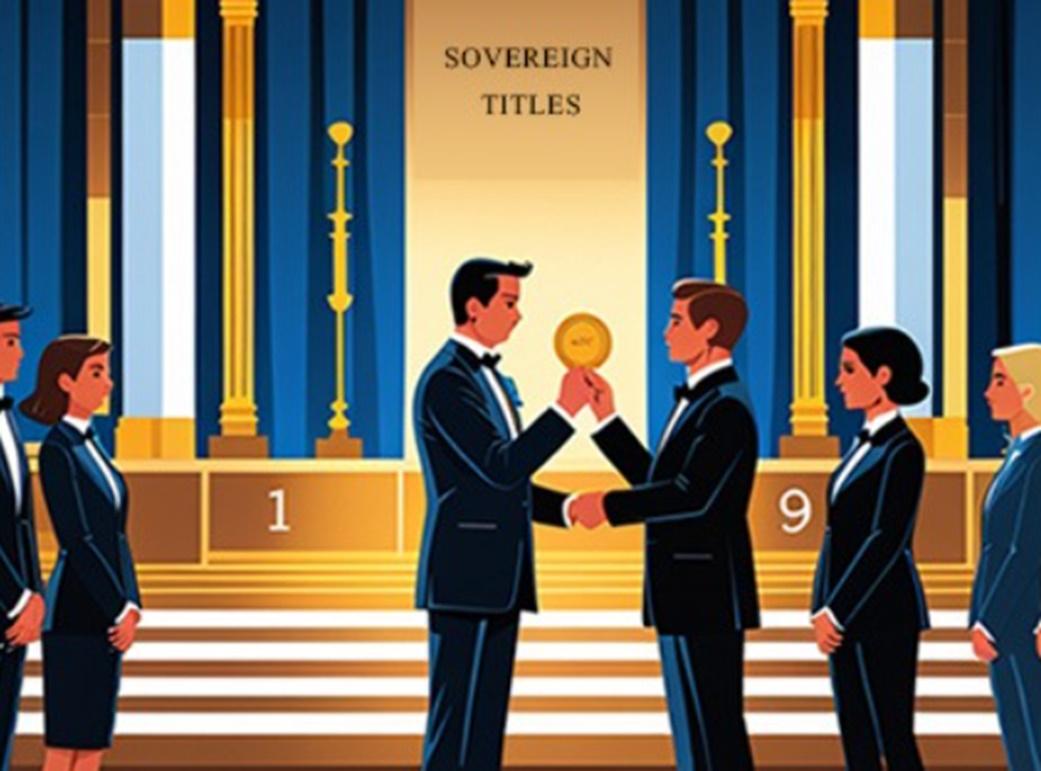More than 90 % of startups are not crowned with success. Because they lack intellectual property (IP) protection due to cost barriers, they are unable to value their innovation and finance their R&D. In contrast, statistics show that more than 40% of companies that benefit from IP can raise more than 5 million dollars to commercialize their innovations.
The use of state patents to protect their innovations is prohibitively expensive for small and medium-sized enterprises due to the exorbitant costs. Their monopoly is de facto reserved for large companies. These companies are opposed to any reform that would result in them losing the lead in technological progress.
Free access to international intellectual property
The sovereign patent, which is freely accessible and has a global and long-term scope, opens up a new way for all startups to take advantage of international IP. It is a private title that is qualitatively superior to a state title in that it does not presume that the true author of the creation is the applicant for the patent. The author is required to prove that he is the first inventor.
In contrast to the state patent, no fees are payable and no examination is required before delivery. This patent book enjoys immediate copyright protection in all countries that have signed the Berne Convention, for the lifetime of the author and for at least 50 years after his death.
Doubling R&D in the service of ecology
Thanks to the new IP title, all startups and SMEs are able to offer venture capitalists attractive returns on their innovations. Private research and development (R&D) to combat global warming and restore the earth's ecological balance can be financed to the extent required. It's expected that the level of R&D will soon more than double.
There will be a trend reversal in the ecology of the economy. Technological progress will no longer be used to develop environmentally harmful activities. New practices will be introduced so that applicants can only benefit from IP if they serve the common good and the ecology of the planet.
A patent must have the same quality as that of a Nobel Prize winner
The current state patent system is vulnerable because it frequently fails to identify the true inventors. In the Gallo-Montagnier case, Gallo was awarded the patent for AIDS screening. After a dispute, the presidents of France and the USA agreed on a 50/50 split of the invention. Professor Gallo's fraud was then uncovered, and 25 years later Montagnier was recognized as the only true inventor and awarded the Nobel Prize.
The novelty examination by the State Office officials, which takes place on average three years after the filing of the application, is not guaranteed by the State. In infringement proceedings, a large number of patents are declared invalid by the competent courts.
The CreaFREE standard certifications are much more thorough. In particular, the sovereign examination, which is carried out by the best international experts, is comparable to the Nobel Prize examination - a private examination whose value is rarely discussed.
Immediate practice
Only five patrician states benefit from the shortcomings of the old state patent system, while all other countries suffer from enormous inequality. A majority of countries in the World Intellectual Property Organization have an interest in change. This IP reform can therefore bring about a rapid realignment of the organization of intellectual property to fully harness the potential of humanity and better solve the problems of our time.
The provisions of international treaties already protect the rights of all authors of scientific, literary or artistic works. Thanks to Article 15-1-c of the International Covenant on Economic Rights and the Universal Standard on Intellectual Property, the practice can be changed immediately and without any legislation. To learn how you can change the fate of your startup thanks to the sovereign patent, read Souloumiac A, Le titre souverain, SmC.
